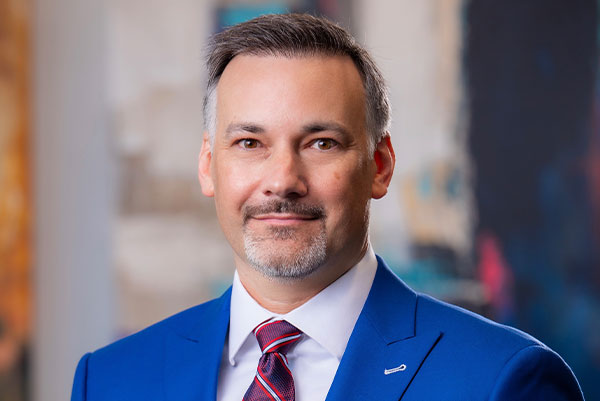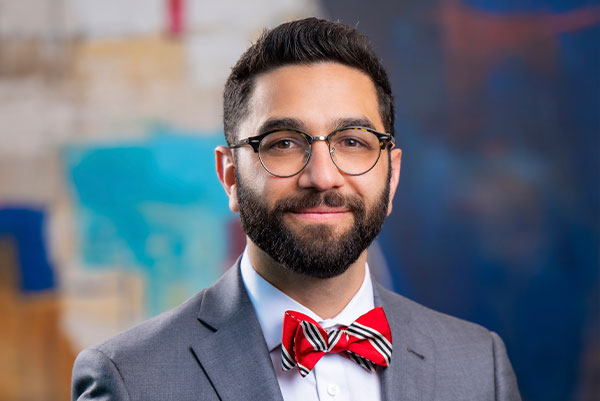Car accidents are unfortunate and stressful events that can disrupt your life, causing both physical and financial challenges. When accidents happen in Georgia, insurance companies are often at the center of the claim process. Their role is vital in helping victims recover medical expenses, repair costs, and lost wages. Understanding how insurance companies handle car accident claims can help you navigate the process more effectively and ensure you receive the compensation you deserve.
What Happens After a Car Accident in Georgia 
In Georgia, car accidents can be either fault-based or no-fault. However, Georgia is a fault state, meaning the at-fault driver’s insurance company is responsible for covering damages. If you are involved in an accident, the first step is to report it to your insurance company, whether you are the at-fault party or not. After filing a claim with your insurance provider, they will investigate the incident to determine who is at fault and whether the claim is valid.
If you are the victim of a car accident, your insurance company will help cover your immediate costs while they seek compensation from the at-fault driver’s insurance provider. Understanding the details of your policy is crucial, as it will determine how much compensation you can expect and what steps need to be taken for a successful claim.
The Role of Your Insurance Company
Your insurance company’s primary responsibility is to investigate the claim, assess the damages, and offer compensation based on your policy’s terms. If you’re at fault, your insurance will cover the other party’s damages. If you’re not at fault, your insurer will help recover compensation from the at-fault driver’s insurance. In addition to vehicle repairs, insurance may cover medical costs if you have personal injury protection (PIP) or medical payments coverage in your policy. It is crucial to understand your insurance coverage before a claim occurs, as policies vary in the types of benefits provided.
After the claim is filed, your insurance company will assign an adjuster to evaluate the damages. They will assess the severity of your injuries and determine whether the repairs to your vehicle are covered under your policy. In Georgia, if you’re not at fault, your insurance company may work with the other driver’s insurance to recover the costs for medical bills, repairs, and other damages.

How Insurance Companies Determine Fault and Compensation
Insurance companies determine fault based on a variety of factors, including:
- Police reports: The officer’s report from the scene of the accident can provide crucial information regarding fault. This report may include witness statements, traffic violations, and a summary of the scene.
- Witness statements: Eyewitness accounts can offer supporting evidence to back up your version of events. If the police report is unclear, statements from individuals who witnessed the accident may help establish liability.
- Evidence: Photos, medical records, and damage assessments play a role in determining the extent of the accident and the liable party. Insurance adjusters will review these documents to determine how much compensation you are entitled to.
Once a fault is established, the insurer will calculate compensation. This calculation takes into account medical bills, car repair costs, lost wages, and pain and suffering. It’s essential to keep thorough documentation to support your claim, including records of doctor visits, vehicle assessments, and photographs from the accident scene. These documents help demonstrate the severity of the incident and can strengthen your case.
I had the pleasure of working against Chris on a fairly complicated case. Chris was professional during the course of litigation, and undoubtedly maintained his clients’ interests as the primary focus throughout. Due to Chris’ efficiency and advocacy for his clients, we were able to resolve the case for a reasonable amount, without spending unnecessary time and expenses. I hope to have more cases with Chris in the future, and would have no hesitation recommending Chris to handle complex personal injury matters.” - Paul T.
Dealing with Denials or Delays in Claims
Insurance companies often seek to minimize payouts, and this can result in denials or delays in claims. If your claim is denied or delayed, it is important to take the following steps:
- Review your policy: Ensure that the claim falls within the scope of your coverage. If the policy does not cover certain aspects of your damages, you may need to seek other forms of compensation, such as uninsured motorist coverage.
- Appeal the decision: You can contest the decision if you believe it was unjust. Insurance companies are required by law to explain their decision, and you can ask for a second review of your case.
- Seek legal help: If necessary, consulting a Georgia personal injury lawyer can help you fight the denial or get fair compensation. An attorney can assist you in navigating the complexities of the claims process and help ensure that your rights are protected.
If your insurance company is not communicating properly or is making unreasonable demands, it is critical to understand your legal rights and options. An attorney experienced in car accident claims can help resolve disputes and ensure that you are treated fairly.
Uninsured and Underinsured Motorist Coverage in Georgia
In Georgia, the risk of being involved in an accident with an uninsured or underinsured driver is significant. According to the Insurance Information Institute, nearly 13% of drivers in Georgia are uninsured. Georgia law allows you to carry Uninsured Motorist (UM) and Underinsured Motorist (UIM) coverage. These policies protect you if the at-fault driver doesn’t have adequate insurance or any at all.
When the at-fault driver is uninsured, your UM coverage can provide compensation for medical bills, pain, suffering, and lost wages. However, if the other driver has minimal coverage, your UIM policy can help fill the gap between their insurance and your total damages. Both UM and UIM coverage are essential in ensuring you are fully protected when involved in an accident with an at-fault driver who lacks adequate coverage.
Dealing with Insurance Steps to File a LawsuitRelated Videos
The Importance of Personal Injury Protection and Medical Payments Coverage
In Georgia, drivers have the option to include Personal Injury Protection (PIP) and Medical Payments Coverage (MedPay) in their insurance policies. These coverage options are designed to help pay for medical expenses regardless of who was at fault in the accident. PIP covers medical bills, lost wages, and other expenses related to an injury caused by a car accident, while MedPay typically covers medical expenses only.
Having PIP or MedPay coverage can significantly reduce your out-of-pocket costs following an accident. These types of coverage can be particularly helpful when your injuries are severe, as they ensure that you receive timely medical treatment without delay. It is important to discuss these options with your insurance provider to ensure you are adequately covered in the event of an accident.
Working with an Attorney for Your Car Accident Claim
Navigating the insurance claim process can be overwhelming, especially when dealing with injuries and property damage. A personal injury lawyer can assist you in dealing with insurance companies, ensuring that all aspects of your claim are handled professionally. An attorney can handle the communication with your insurer, negotiate settlements, and represent your interests if the case goes to court.
At Gunnels Law Firm, LLC, we help clients understand their rights and advocate for fair compensation. If you are involved in a car accident in Georgia, don’t hesitate to reach out for a free consultation and learn how we can support you in your claim.
Insurance companies play a pivotal role in car accident claims in Georgia. By understanding how they operate and the types of coverage you have, you can ensure that your rights are protected. While the claims process can be complex, with the right legal guidance, you can secure the compensation needed to move forward after an accident. Understanding your insurance policy, working with a skilled attorney, and ensuring you have the proper coverage can make a significant difference in the outcome of your claim.







